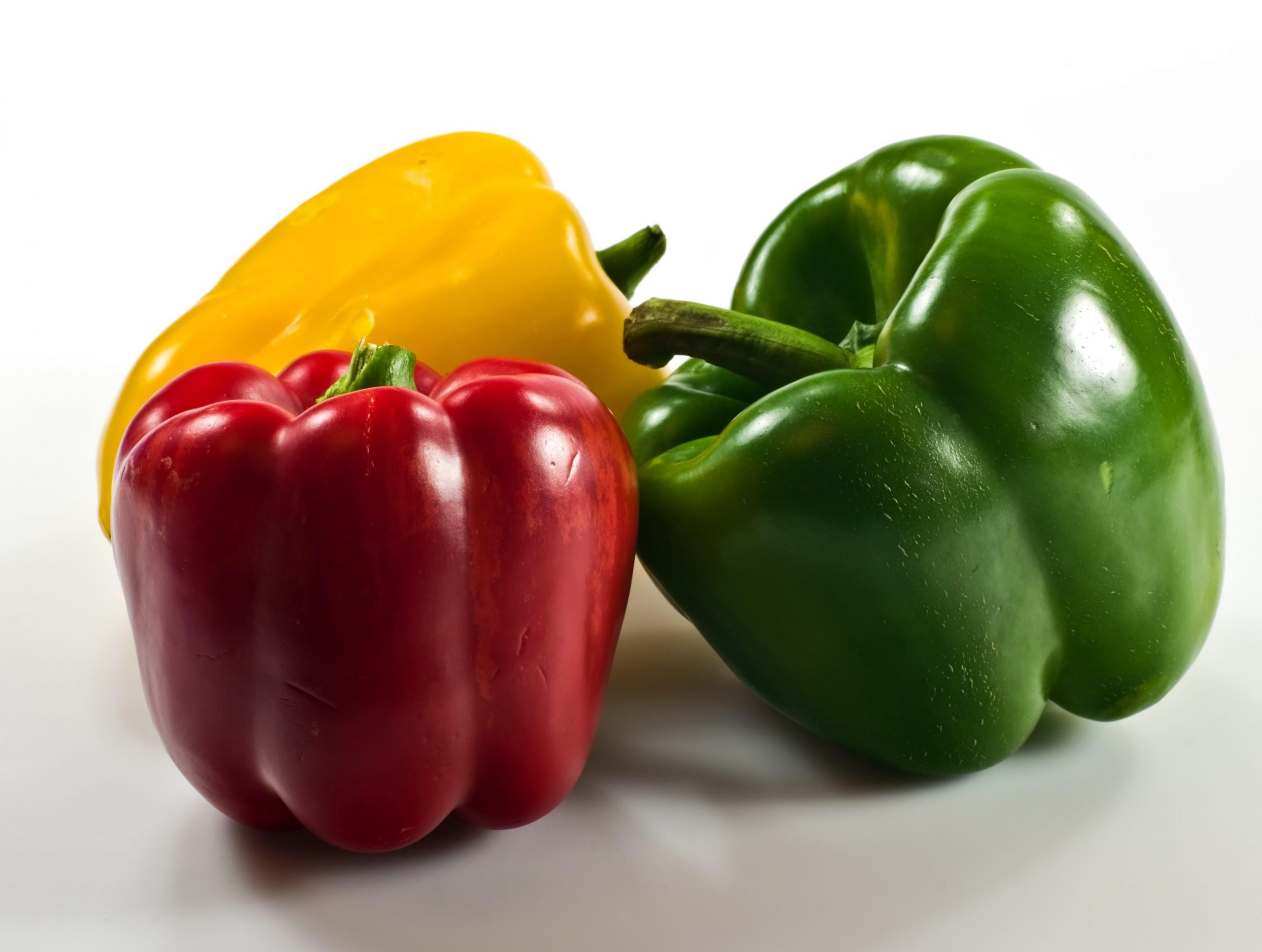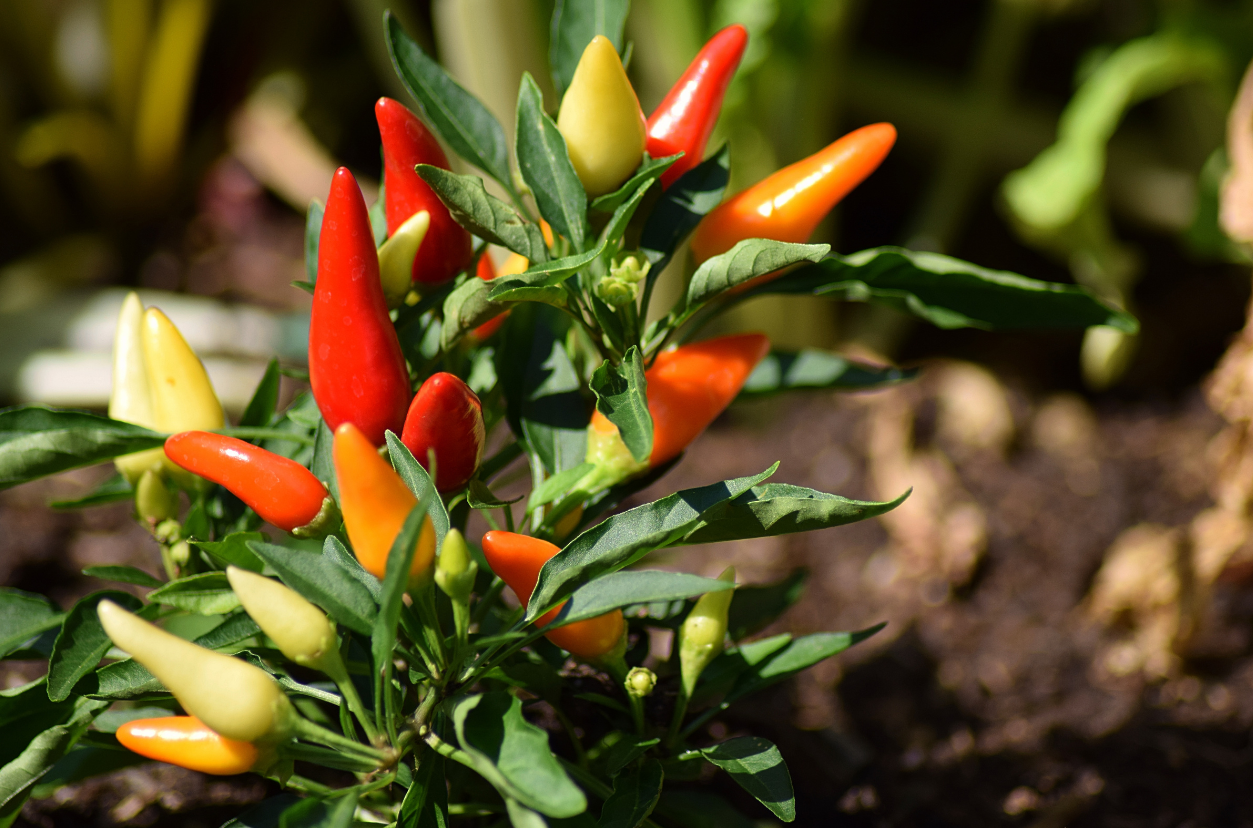Discover the Best Fertilizers for Peppers: Top Picks for Optimum Growth
Wiki Article
Organic Vs. Synthetic Fertilizers: Which Is Best for Nurturing Healthy Pepper Plants?
In the realm of supporting healthy pepper plants, the option in between natural and synthetic plant foods stands as a critical decision with significant implications. While both choices objective to give necessary nutrients to support plant development, the subtleties of their influence on the soil, plant health, and the atmosphere trigger a discussion that mirrors throughout the gardening community. Understanding the distinct advantages and potential pitfalls of each plant food kind is vital for pepper growers looking for to enhance their returns while maintaining an eco-conscious and sustainable method.Advantages of Organic Plant Foods
Organic plant foods use an environmentally-friendly and sustainable approach to nourishing pepper plants, offering crucial nutrients without making use of synthetic chemicals. These all-natural fertilizers are originated from natural sources such as compost, manure, bone dish, and algae, advertising dirt health and biodiversity. Unlike synthetic plant foods, organic choices release nutrients gradually, ensuring a constant and well balanced supply for pepper plants to prosper.One considerable benefit of natural plant foods is their capability to enhance dirt framework and water retention. By boosting dirt wellness, natural plant foods advertise helpful microbial activity, which helps in nutrient uptake by pepper plants. Additionally, natural fertilizers lower the threat of chemical run-off, protecting water sources from contamination and guarding the setting.
Additionally, natural plant foods add to long-term dirt fertility by advertising the development of helpful soil organisms. These microorganisms assist break down natural issue, launching nutrients in a form that is quickly accessible to pepper plants. best fertilizers for peppers. By cultivating a healthy dirt ecosystem, organic fertilizers support sustainable pepper farming practices that profit both plants and the setting
Disadvantages of Synthetic Fertilizers
Artificial fertilizers, in contrast to their organic equivalents, present various drawbacks when utilized to nourish pepper plants, affecting both plant health and wellness and environmental sustainability. One major disadvantage of synthetic fertilizers is their tendency to seep nutrients from the soil promptly.In addition, the overuse of artificial fertilizers can add to water pollution. Excess plant foods not taken in by plants can get rid of into water bodies, bring about eutrophication, where algae blossoms diminish oxygen levels in the water, damaging water life. Artificial fertilizers are generally obtained from non-renewable sources, such as fossil fuels, contributing to carbon discharges and ecological deterioration throughout their manufacturing.
Nutrient Absorption Comparison
Effective nutrient absorption plays an essential role in the general health and growth of pepper plants. When contrasting natural and synthetic plant foods in regards to nutrient absorption, natural plant foods have the benefit of giving a more balanced and slow-release source of nutrients (best fertilizers for peppers). Organic fertilizers include a variety of macro and trace elements that are not only useful for the plants however additionally advertise healthy soil microbial task, which assists in nutrient uptake. On the other hand, synthetic plant foods usually offer a fast launch of nutrients, which can lead to leaching and overflow, causing reduced nutrient absorption rates by the plants.Additionally, organic plant foods enhance dirt framework and water retention ability, permitting pepper plants to gain access to nutrients more efficiently. This enhanced soil quality helps with origin development, making it possible for far better nutrient absorption. Artificial fertilizers, although originally enhancing plant development as a result of their high nutrient focus, may impede lasting nutrient absorption by degrading dirt wellness in time.
Environmental Impact Considerations

On the various other hand, artificial fertilizers, although frequently more instantly offered and focused to plants, can have detrimental results on the setting if not applied effectively (best fertilizers for peppers). Their manufacturing calls for high power inputs, leading to greenhouse gas emissions and contributing to environment change. The overflow of excess artificial plant foods can pollute water sources, leading to eutrophication and damaging aquatic communities.
Ideal Fertilizer Practices for Peppers
When fertilizing pepper plants, optimizing nutrient uptake and reducing browse around this web-site ecological effect are essential factors to consider. To achieve this, it is vital to adhere to ideal plant food techniques customized to the certain requirements of pepper plants. One important method is to carry out a dirt examination prior to using any plant foods. This examination can determine the pH degree of the soil and recognize any kind of nutrient shortages, guiding you in picking one of special info the most suitable plant food solution.An additional important method is to feed pepper plants at the best time. Generally, peppers gain from receiving plant food at planting and after that again when they start to blossom. Over-fertilizing can result in nutrition inequalities and harm the plants, so it is important to comply with recommended application rates.
Additionally, choosing a balanced plant food with an NPK proportion that fits pepper plants' demands is essential. Organic fertilizers, such as compost or manure, can be excellent options as they release nutrients gradually and boost soil framework with time. However, artificial plant foods can offer a fast nutrient increase when needed. Inevitably, incorporating natural and synthetic fertilizers judiciously can aid nurture healthy and balanced pepper plants while lessening environmental effect.
Verdict

Organic fertilizers use an environmentally-friendly and sustainable approach to beneficial pepper plants, providing important nutrients without the use of artificial chemicals. Unlike synthetic fertilizers, organic options launch nutrients gradually, guaranteeing a balanced and constant supply for pepper plants to thrive.
Artificial fertilizers, in contrast to their Source organic equivalents, position different disadvantages when used to nurture pepper plants, influencing both plant health and wellness and ecological sustainability. When contrasting natural and synthetic fertilizers in terms of nutrient absorption, natural plant foods have the advantage of giving a more well balanced and slow-release resource of nutrients.Moreover, natural fertilizers boost soil structure and water retention capacity, permitting pepper plants to gain access to nutrients more successfully.
Report this wiki page